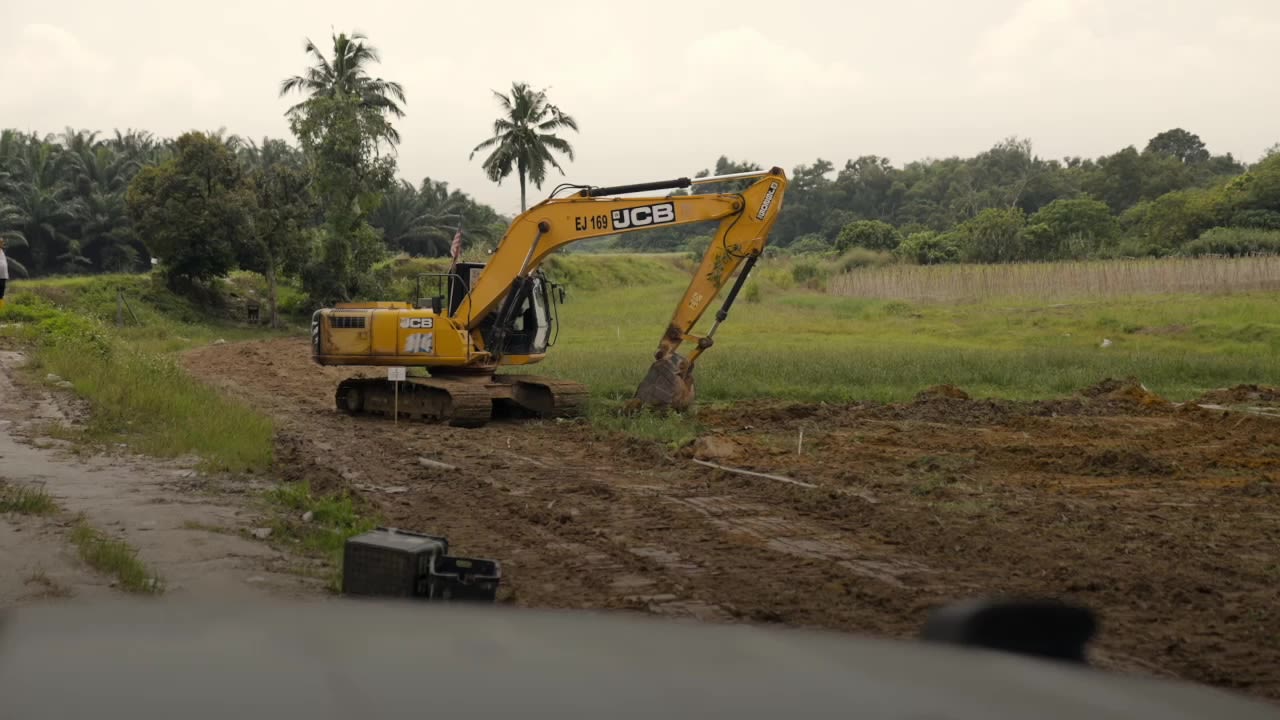
THE BERTHA CHALLENGE
Fellowships for Activists and Investigative Journalists
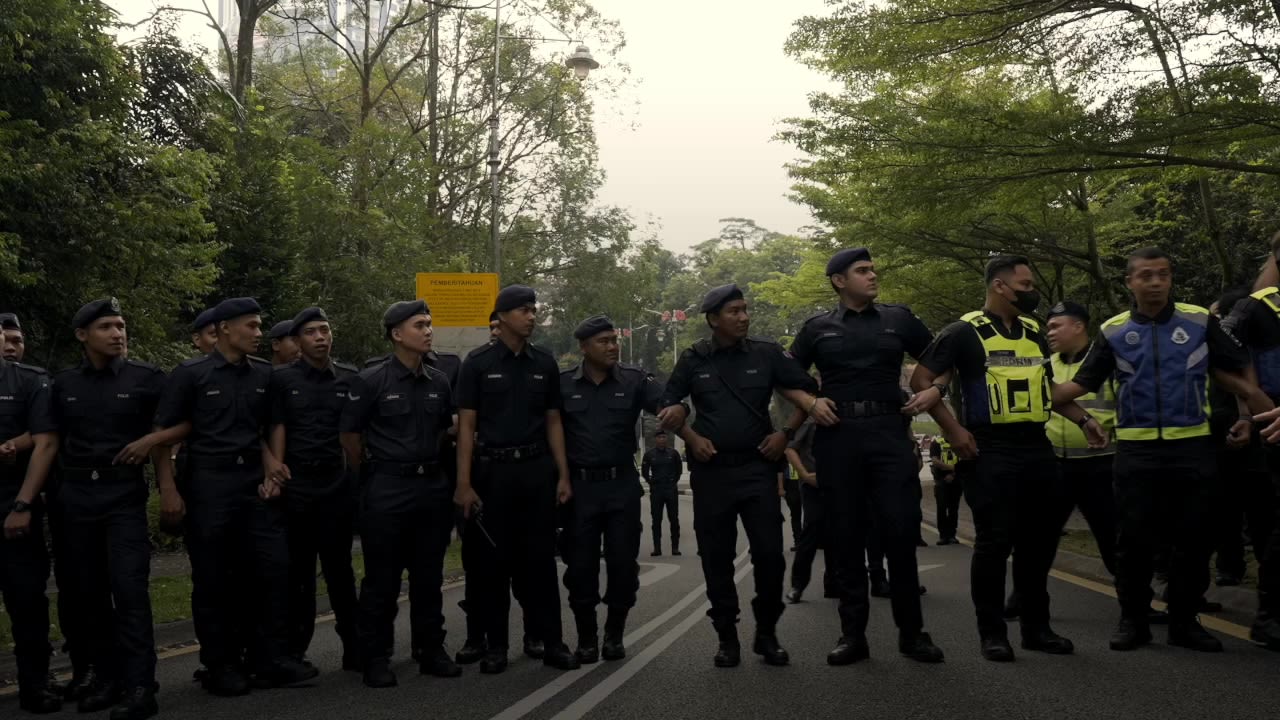
Applications Now Closed.
Bertha Foundation is excited to announce the launch of the sixth Bertha Challenge: an opportunity for activists and investigative journalists to spend a year working on one pressing social justice challenge and to deliver a body of work at the end of the Fellowship year. Successful applicants will receive non-residential paid Fellowships and project budgets to work independently and together to:
The sixth Bertha Challenge will begin in January 2025 with a focus on farming and the climate crisis.
Nothing connects us more intimately to our planet - its water, its soil, its weather, its air and climate - than how we grow the food to feed all eight plus billion of us.
Welcome to the 2025 Bertha Challenge call for applications. Every year we are more urgently aware of corporate capture driven by financial greed and the devastating role that large corporations are playing in all aspects of life: Including farming.
We invite investigative journalists and activists to apply to the Bertha Challenge Fellowship with a project that responds to the following question:
Applications open on 31 May 2024 and close on 12 July 2024. Anyone meeting the selection criteria may apply.
To read more about our current cohort of Bertha Fellows visit the main Bertha Challenge page on our website.
.
Why we’re focusing on farming and the climate crisis
.
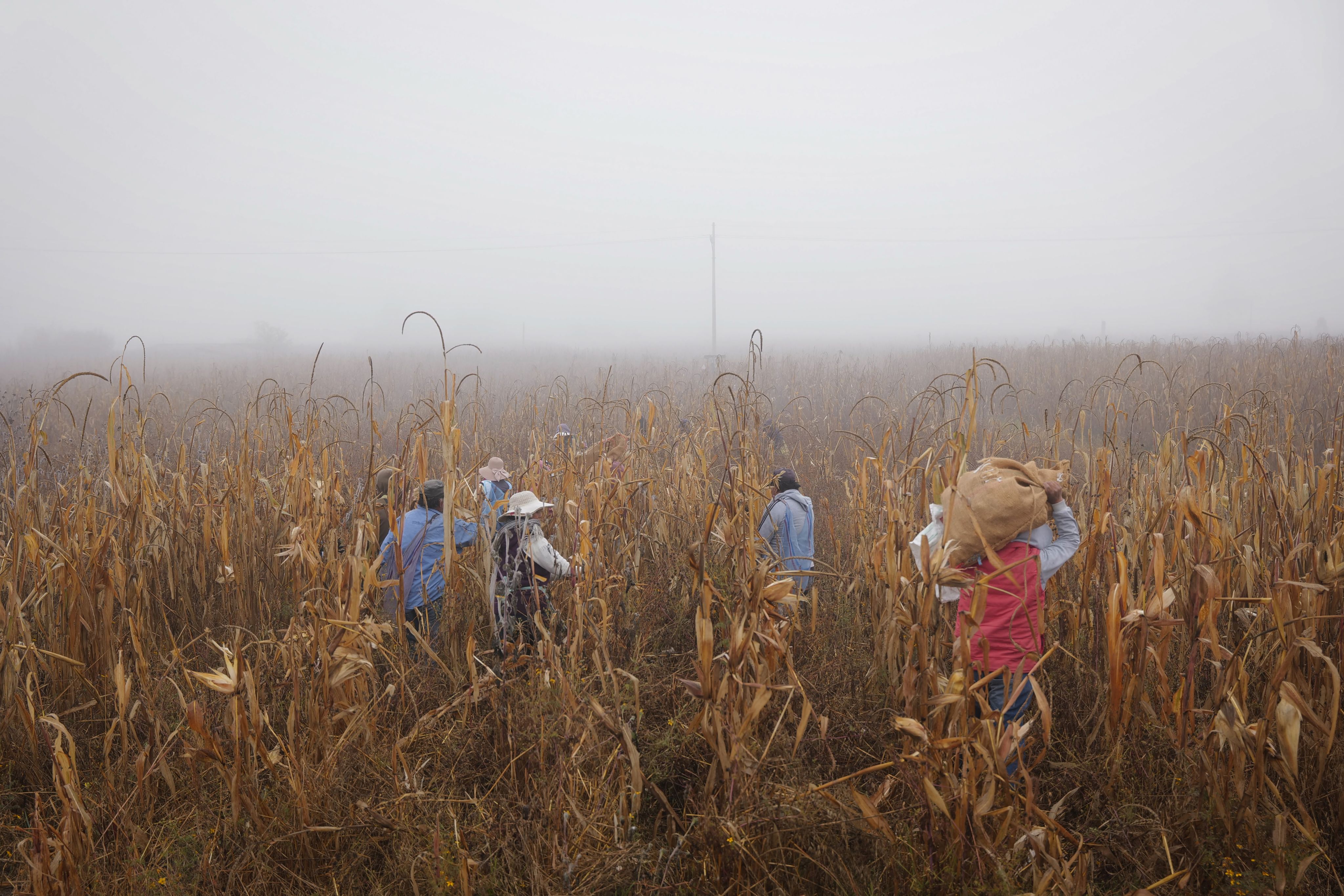
Farming is one of the greatest single contributors to our global climate crisis. Over 20% of greenhouse gas emissions are released through agriculture, livestock and fish farms.1 70% of the water that we withdraw (a finite resource) is for irrigation,2 while pesticide and fertilizer runoff is a major contributor to the degradation of our watercourses.3 Almost half of the world’s habitable land is used for agriculture, and the homogenisation of farmland that this has caused through large-scale use of monocultures is a driving factor in biodiversity loss.4 The shifts in how we farm have been motivated by corporations and their profit, not by the farmers throughout the world. As the global population grows, farming as we are practicing it now will have an increasingly disastrous impact on our planet.
While pressure for climate action is growing, so are the lobbying efforts of farming corporations. Last year’s COP28 was attended by three times as many delegates representing agricultural firms as the previous year.5 Over the last two decades, in the U.S. alone, agricultural companies have spent USD 2.5 billion on lobbying activities and USD 750 million on national political candidates.6 In the E.U., in recent years, farm lobbies have been attributed with the scrapping of regulation to protect soils,7 the weakening of regulation to reduce pesticide usage8 and the failure to reform an opaque and corrupt farm subsidies programme.9 As a smaller number of companies monopolize agricultural markets, their financial resources to influence political decision making increases.
In many countries there is a revolving door between government departments determining farming policy and the lobbying groups that represent large corporate interests. Lobbying offers lucrative future career prospects for politicians and government department staff in the farming sector. In the U.S., for example, over 40% of lobbyists at the American Farm Bureau previously held government jobs.10 The organization even has a ‘Friends of the Farm Bureau’ award to recognize legislators that support their interests on regulation and subsidies.11
Four companies - Cargill, Archer Daniels Midland, Bunge and Louis Dreyfus - control up to 90% of the global grain trade12 and another four companies - ChemChina, Corteva, Bayer and BASF - control 66% of the world’s agricultural chemicals market.13 Even the smallest scale farmers are increasingly dependent on the seeds, chemical fertilizers, pesticides, growth regulators, etc. supplied and controlled by a small number of global agribusinesses that prioritize short term profit over environmental sustainability, human health, biodiversity, animal welfare and equitable land distribution.
In recent years we have seen mass demonstrations by farmers around the world over unfair pricing and trading practices that leave smallholder farmers struggling to survive. Deregulation of agricultural markets and free trade agreements have favored a handful of large scale agribusinesses, while farming is becoming economically unsustainable for many of the 500 million smallholder farmers worldwide.
Farmers and farm workers live at the coalface of the climate crisis. As temperatures change, suitable land for farming is decreasing. Those who cannot adapt, or cannot afford to adapt, are seeing their livelihoods disappear. On larger farms, workers are increasingly expected to work in hostile conditions, including extreme heat, storms, and wildfire smoke exposure, so that production can continue.14 In an industry that has historically depended on a low-paid workforce, including migrant and undocumented workers, systems for raising the alarm on unsafe or exploitative working conditions are often not in place.
We cannot begin to address the climate crisis without transforming the way we farm, and it is vital that farmers have the financial and political support to transition towards more ecological methods of food production. Worryingly, policies that have ostensibly been introduced to support this transition frequently promote harmful practices instead. A 2021 UN report found that almost 90% of global farming subsidies are harmful to the environment and to people’s health, with the biggest subsidy beneficiaries being large-scale farms.15 An independent review commissioned by the UK Government estimated that the cost globally of subsidies that damage nature is at least USD 4 to 6 trillion per year.16 Industrial farming companies are disproportionately benefiting from public money, while pushing practices that will impose colossal costs on future generations.
Our call is to activists and investigative journalists who have a clear grasp on the complex relationship between farming, the climate crisis, political decision makers and the alarming control by large corporations of farming today.
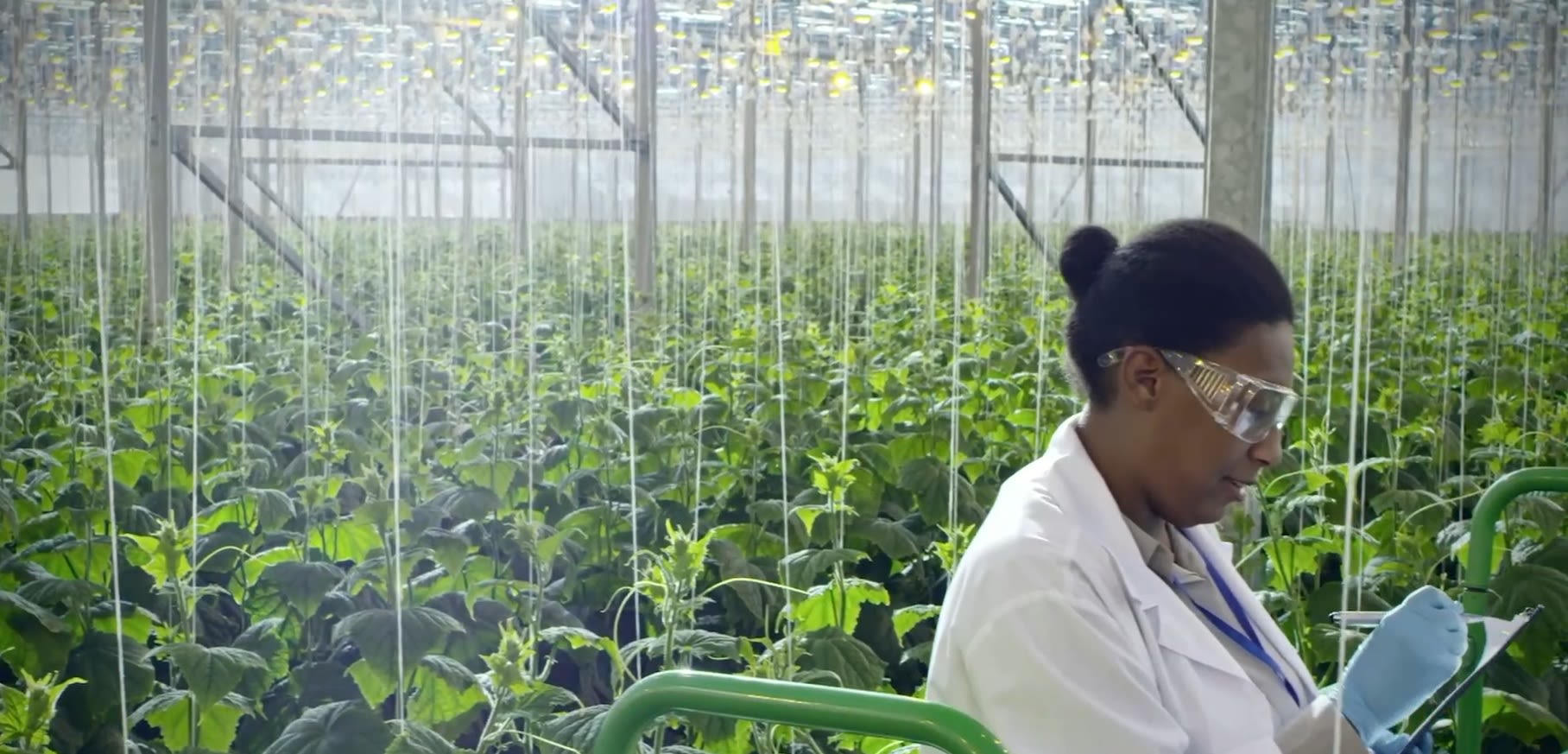
.
What we offer
.

At Bertha we know that many activists and investigative journalists are already doing groundbreaking work to investigate and amplify their work and to connect with each other. The Bertha Challenge aims to support this work by providing time to work exclusively on a focused project, the spaces in which to connect with a diverse global cohort of Bertha Fellows and partners, and the resources to develop and deliver tangible products that speak directly to the Challenge question.
Our Fellowships offer:
- Income for each Bertha Fellow for one year, not exceeding USD 64,900 and commensurate with the applicant’s current or equivalent salary at the host organization – ideally a media outlet for an investigative journalist and an NGO, community organization or social movement for an activist
- A Project Fund of up to USD 10,000 for each Bertha Fellow to produce a culminating product that responds to the question posed by the Bertha Challenge, and that is directed towards a specific audience. This could be a series of articles, videos, podcasts, games or drama productions, for example. Joint activist and journalist applicants will have the option to pool their project funding to produce projects on a larger scale
- Access to a Connect Fund of up to USD 5,000 specifically designed to encourage collaboration between Fellows
- Regular online discussions on a range of issues from current debates around the Bertha Challenge question to methods of investigation, methods of communicating findings, storytelling, popular education and more
- Peer and mentor support in the form of regular virtual check-ins with Bertha staff and a cohort of Bertha Fellows
- Network development through the global cohort of Bertha Fellows and exposure to relevant partners within and beyond the Bertha network
- A global convening of Bertha Fellows at the start of the Bertha Challenge.
The Bertha Challenge will launch in January 2025, with an opening convening scheduled for early in the Fellowship year at one of Bertha's partnered global retreat spaces, where Bertha Fellows will:
- Meet other Fellows in the 2025 Bertha Challenge cohort, spend dedicated time getting to know one another and get the opportunity to introduce individual work and perspectives
- Find opportunities to refine the design of each Fellow’s project work for the year within a supportive framework
- Discuss and frame possibilities for collaboration across the cohort
- Debate current developments and responses to the climate crisis.
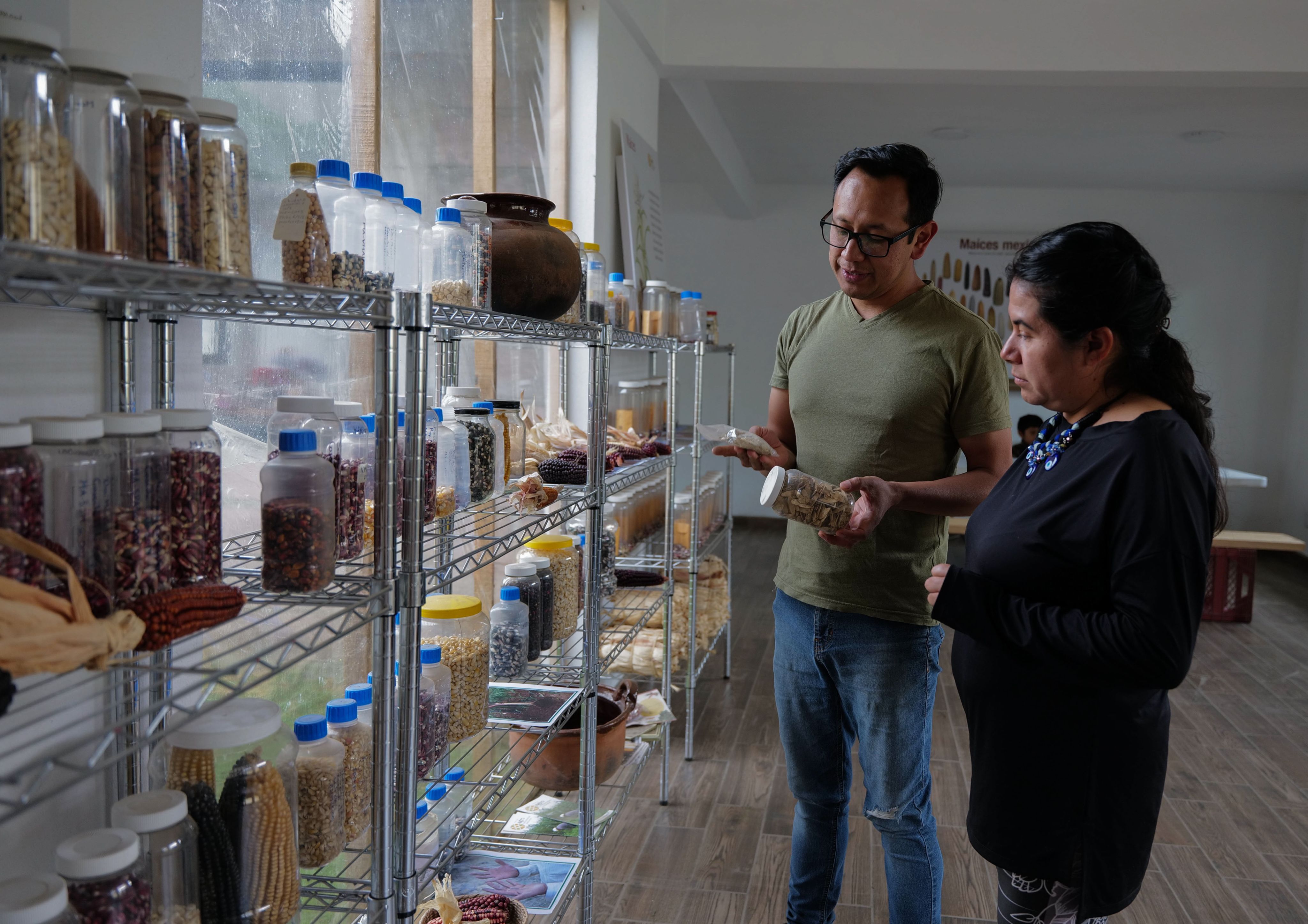
.
Application information
.
Potential applicants and host organizations are invited to join one of our upcoming online information sessions. Participants will hear from the Bertha Challenge team and previous Fellows and have the opportunity to ask questions about the Fellowship and the application process.
Click the buttons below to register:
.
.
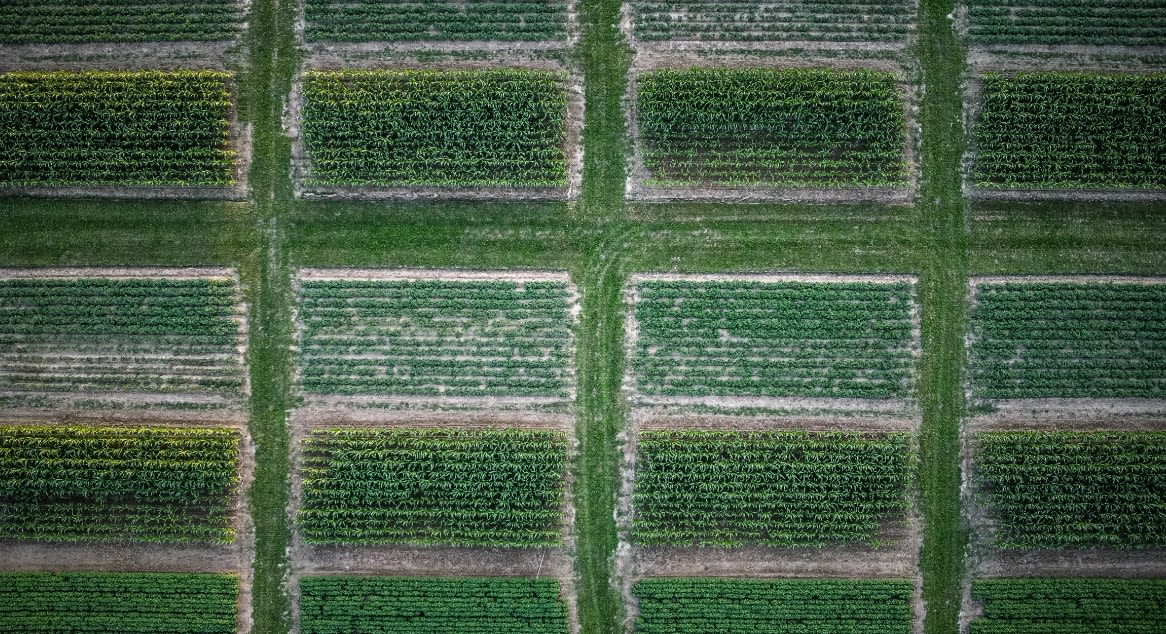

Fellowship Requirements
This is a full-time Fellowship. Bertha Fellows will spend their time working in their home countries and be required to:
- Attend an in-person global convening that will take place towards the beginning of the Fellowship
- Develop and deliver a culminating product that responds to the Bertha Challenge question
- Participate in two virtual meetings per month, and occasionally facilitate these meetings
- Develop local and global network relationships.
Bertha Challenge Culminating Work
The centerpiece of this Fellowship program is the work Fellows will produce to communicate their Bertha Challenge findings to a specified audience.
These pieces of work should first and foremost serve an identified target audience. For activists this might be supporters within their network, for investigative journalists it might be readers of their newspaper. We encourage applicants to be specific about the audience they intend to reach and how they intend to do so.
We want Fellows to learn from each other's work. In addition to delivering the final work to the target audience, all work must be presented to the rest of the cohort. Projects presented must be publicly and freely available, and in English. If translation is needed, this cost can be included in Fellow’s project budget.
Fellows invited to interview will be asked to deliver a short presentation on their proposed project.
Time Commitment
While we understand that applicants will have some existing obligations to the movements and organizations with which they work, this Fellowship will require a full-time commitment. Both the applicant and host organization must commit to this in writing.
Application Requirements
All applicants must submit:
- A completed online application form
- A brief resume/ CV in English of no more than three pages
- A list of 2-4 referees including name, relationship to applicant and contact details
- A signed Memorandum of Understanding (MoU) from the prospective host organization – including commensurate salary and any benefits provided
- Examples of previous work.
Host Organizations
Fellowship applicants are required to secure a host organization to receive and administer the Fellowship award and Project Funds. Host organizations must be legally structured to receive grant funding and be able to process payroll. Host organizations must share a commitment to the Bertha Challenge objectives and conditions, and commit to publishing/ distributing the Fellow's work optimally throughout the year.
For an investigative journalist, the host organization should be a media outlet with the capacity to publish and amplify work delivered by the Fellow. For an activist, the host organization should be an NGO, community organization or social movement.
The Bertha Fellow’s salary must not exceed USD 64,900 and must be commensurate with the current or equivalent salary of the applicant at the host organization. This is to avoid creating disparity at the host organization. If offered a Fellowship, Bertha Foundation will ask the applicant for proof of last income. The host organization will be expected to make arrangements regarding healthcare and other benefits, the cost of which will be allocated from within the Fellowship award. Bertha will make a contribution of 15% of the Fellowship award to the host organization to cover administrative costs. A table is provided within the MoU to assist applicants in calculating the Fellowship award.
Bertha Foundation will not interfere with the editorial autonomy of the host organization during the course of the Bertha Challenge.
Activists and Investigative Journalists Pairs
Joint applications between activists and investigative journalists will be prioritized. Joint applicants must fill in individual application forms, but make reference to their partner applicant, including where and how their work will overlap and how they will support one another’s projects. Joint applicants have the option to pool each of their USD 10,000 Project Funds to work together on one larger project.
Individual activist and investigative journalist applications will also be considered.
Important Considerations
All strategies must be non-violent. Funding may not be used for political lobbying activities. The program does not fund enrollment for degree or non-degree study at academic institutions, including dissertation research. This must be the applicant’s only Fellowship for this period and source of income for the duration of the Fellowship term. Additional paid work has to be cleared with the Bertha team in advance.
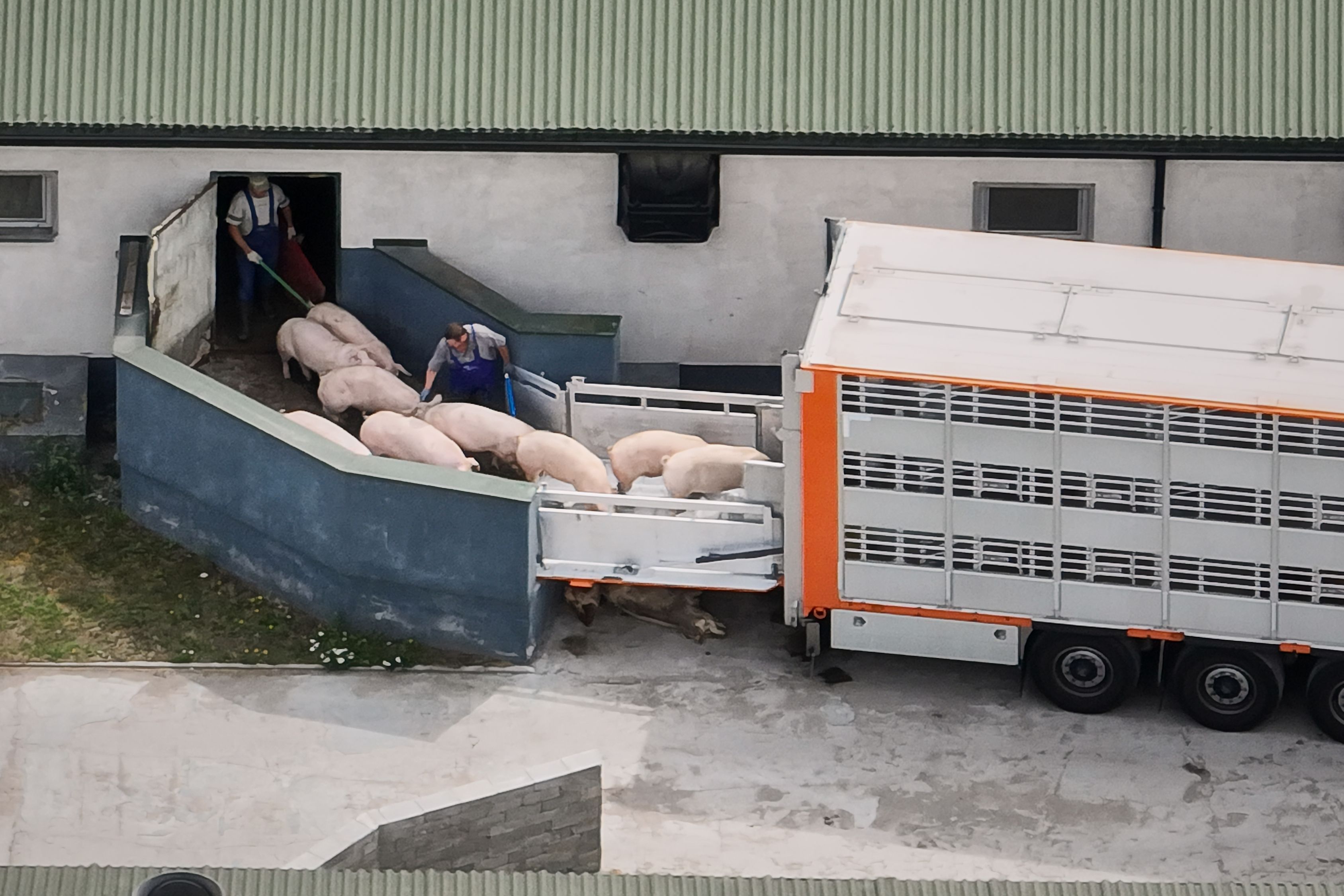
.
Selection criteria
.
Bertha endeavors to select an inclusive and representative cohort of Bertha Fellows that celebrates diversity.
Bertha Fellows will be selected on individual merit but also on their complementary skills to the cohort, their existing and/or proposed networks and prospects for the long-term impact of their work.
Applicants may come from and work in any country, but to ensure that this cohort of Bertha Fellows is able to be fully participatory, we require all applicants to be proficient in spoken and written English and able to deliver their final work in English.
ACTIVIST CRITERIA
- At least five years' experience working with activists, social movements, grassroots and community organizations, social justice organizations or campaigns
- Strong connections to a diverse range of relevant groups in the Fellow’s city, country or region, including with social movements, community organizations, NGOs, academics, journalists, progressive government officials etc.
- Experience developing organizing tools or popular educational products and materials, for example training courses, publications, pamphlets, films, podcasts, arts, theater productions, etc.
- Experience using research, media and the law in advocacy
- Affiliation to an appropriate host organization to amplify work produced during the Bertha Challenge.
INVESTIGATIVE JOURNALIST CRITERIA
- Mid-career journalists with at least five years' experience, a track record and passion for doing investigative journalism
- Strong interest and experience in producing work on the Bertha Challenge question and a proven ability to work with affected communities, social movements, community organizations, NGO’s, academics, scientists etc.
- Investigative journalism and research ability, a comprehensive understanding of the political landscape concerning the subject matter, an understanding of the law(s) and political structures determining policy direction and power
- An ability to work independently
- Affiliation to an appropriate host media organization that will publish and amplify work produced during the Bertha Challenge.
If you have questions about the application process, please have a look at the FAQs page.
For any further enquiries, email berthachallenge@berthafoundation.org
.
Why activists and investigative journalists?
.
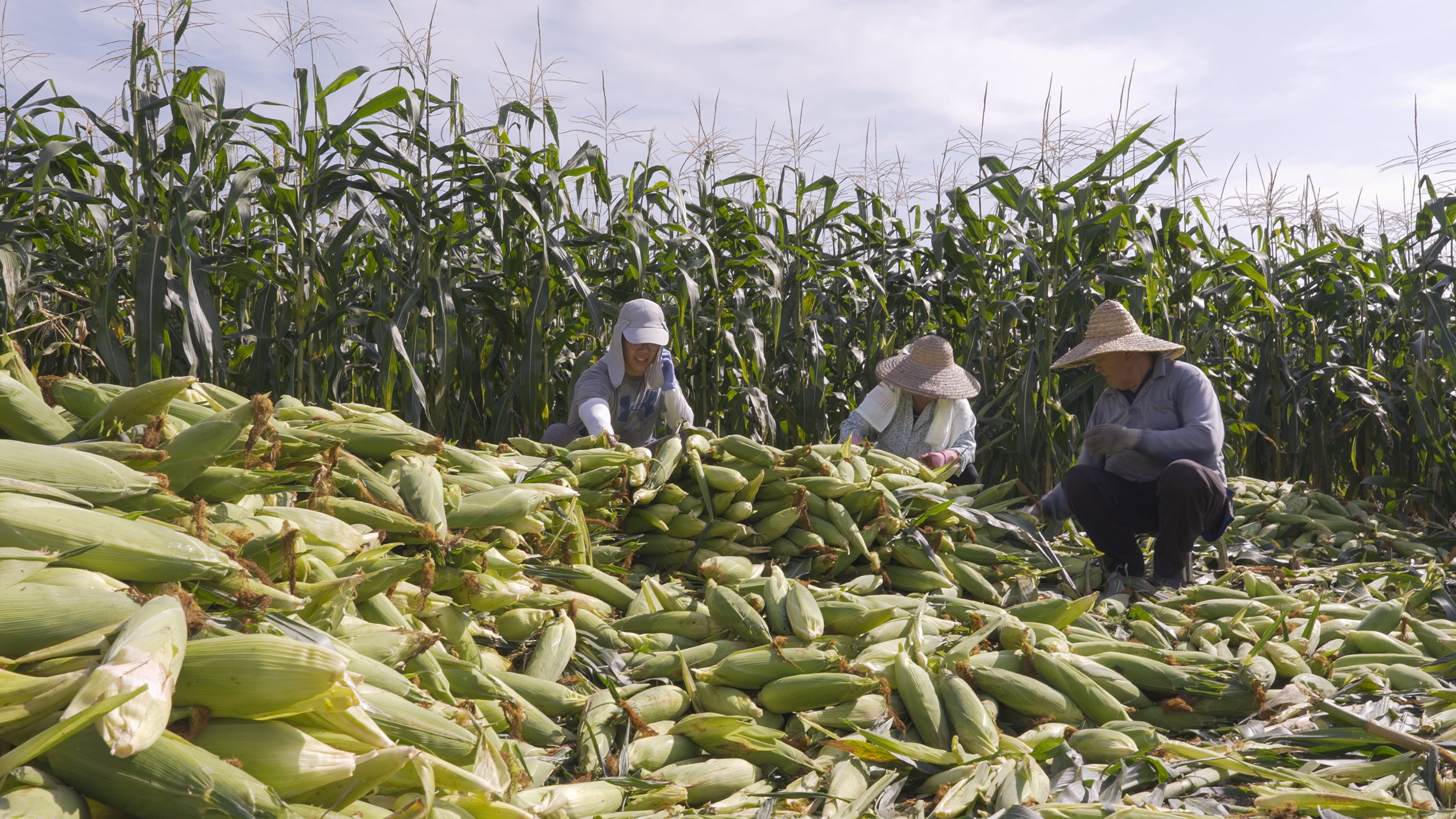
The Bertha Challenge recognizes that investigative journalists and activists have distinct roles. This Fellowship will offer the opportunity to engage with the complexity of the Bertha Challenge question while strengthening relationships through shared work. Bertha Challenge Fellows will be expected to explore new ways of working collaboratively and outside their traditional silos while maintaining their integrity and autonomy.
Investigating and amplifying stories that expose injustice is increasingly achieved by work that cuts across organizations and professions. The scale and complexity of large investigative stories are often too intricate for one investigative journalist or activist, or even one newsroom or social justice movement, to handle alone. The Bertha Challenge provides space for a cohort of mid-career leaders in their fields to develop professionally while creating compelling work on the subject matter. It also aims to fuel debate and solidify networks that will last beyond the one-year project cycle.
About Bertha Foundation
Bertha Foundation supports social, environmental and economic justice activism. We create programs and provide funding to support individuals and organizations working to address some of the most pressing social justice issues of our time.
The Bertha Challenge creates opportunities for activists and investigative journalists to amplify and accelerate their work in support of climate justice. Fellows are integral to the Bertha network and the selected activists and investigative journalists will act as bridges across regions to strengthen and embolden this important work.
Contact Us
If you have questions about the application process, please have a look at the FAQs page.
For any further enquiries, email berthachallenge@berthafoundation.org
www.berthafoundation.org



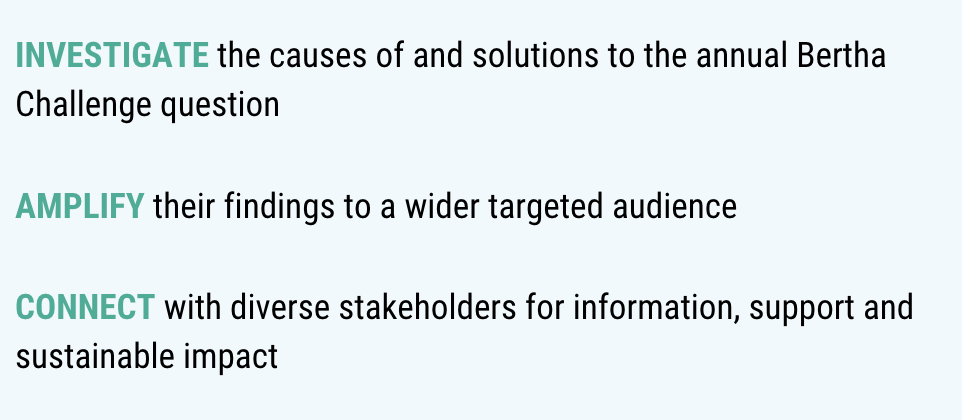
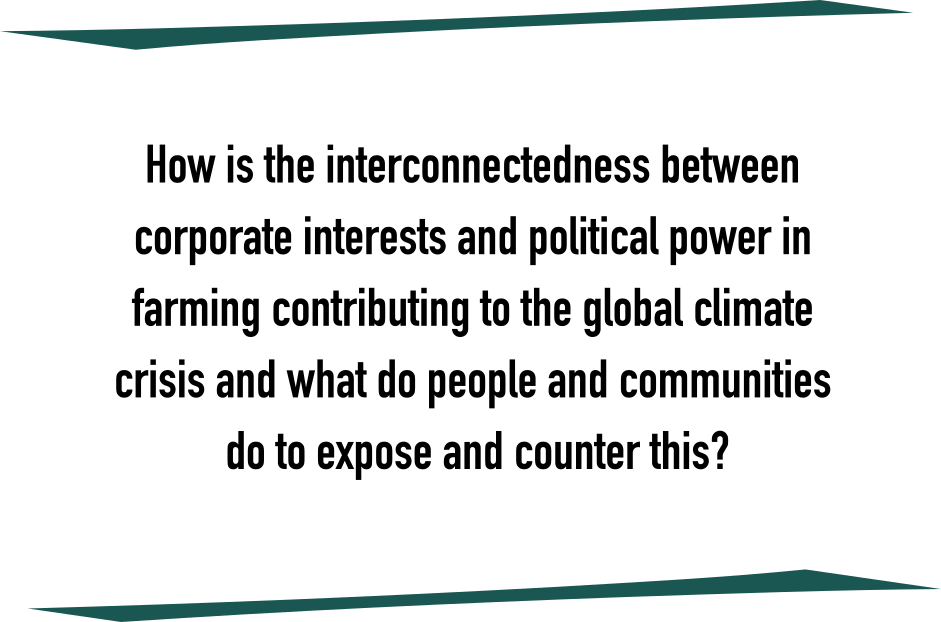



 Built with Shorthand
Built with Shorthand